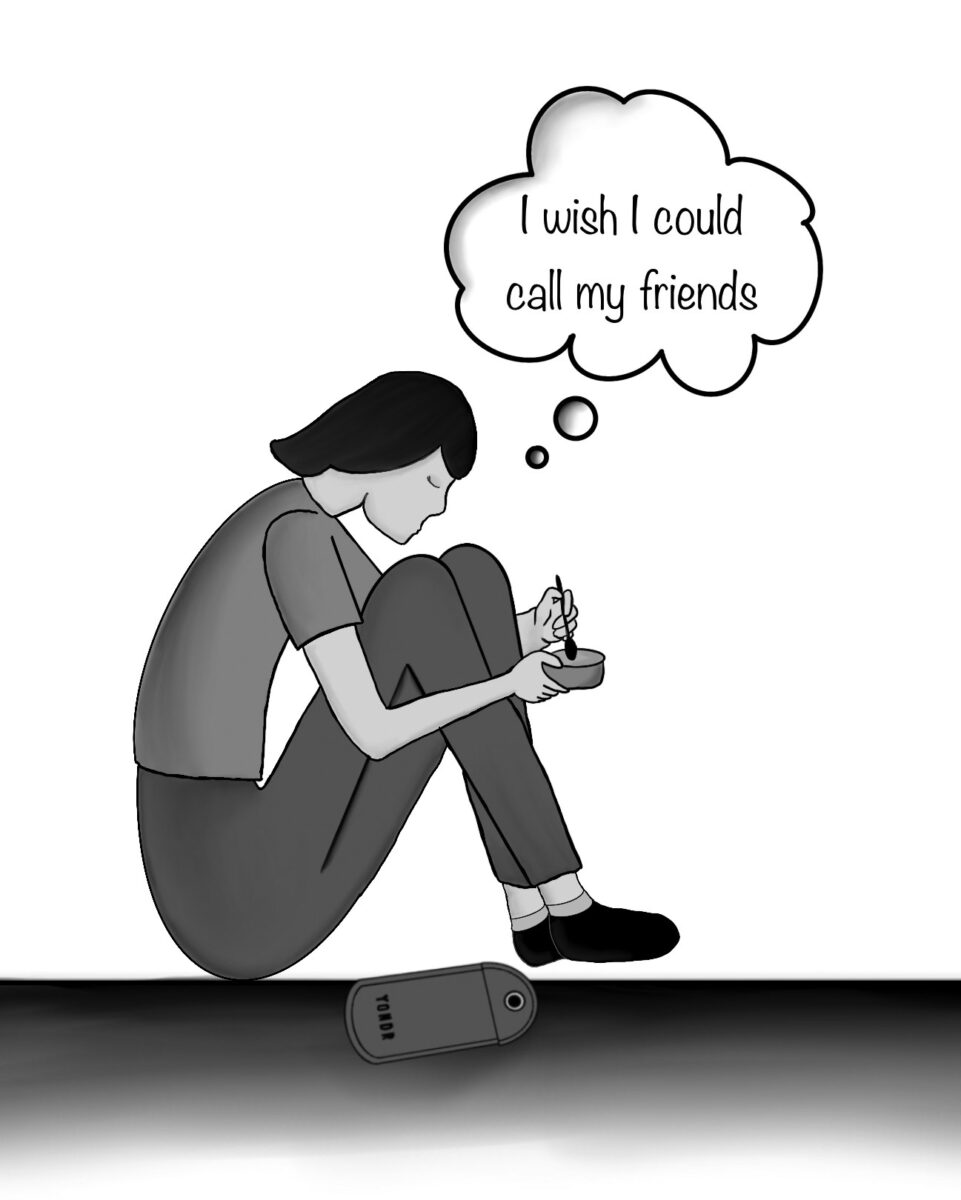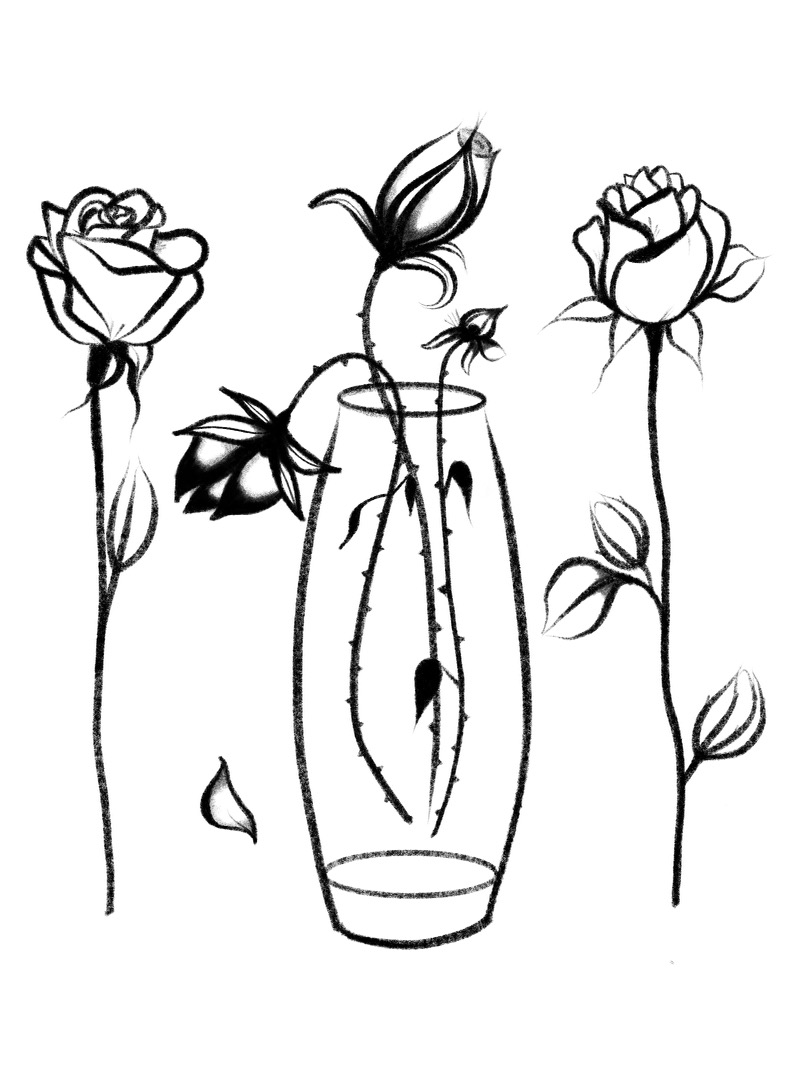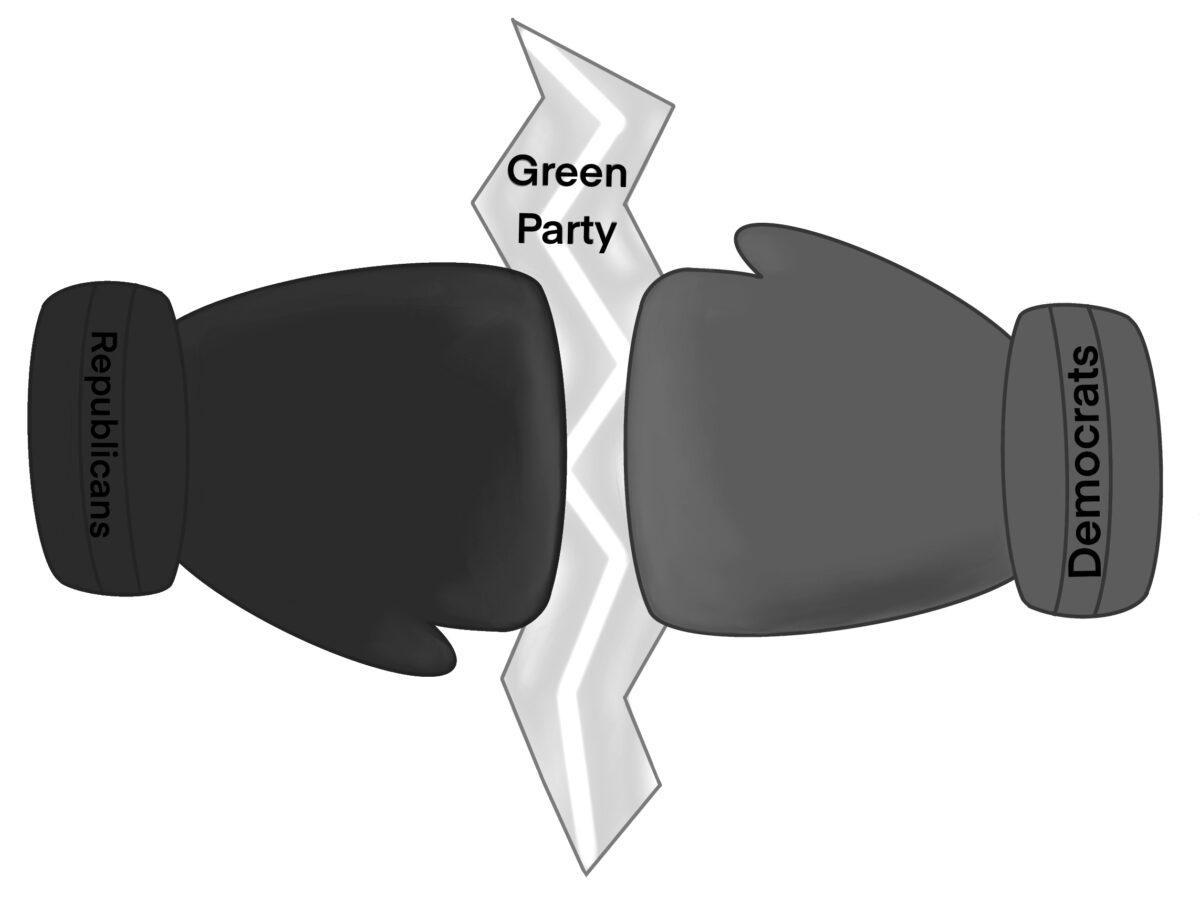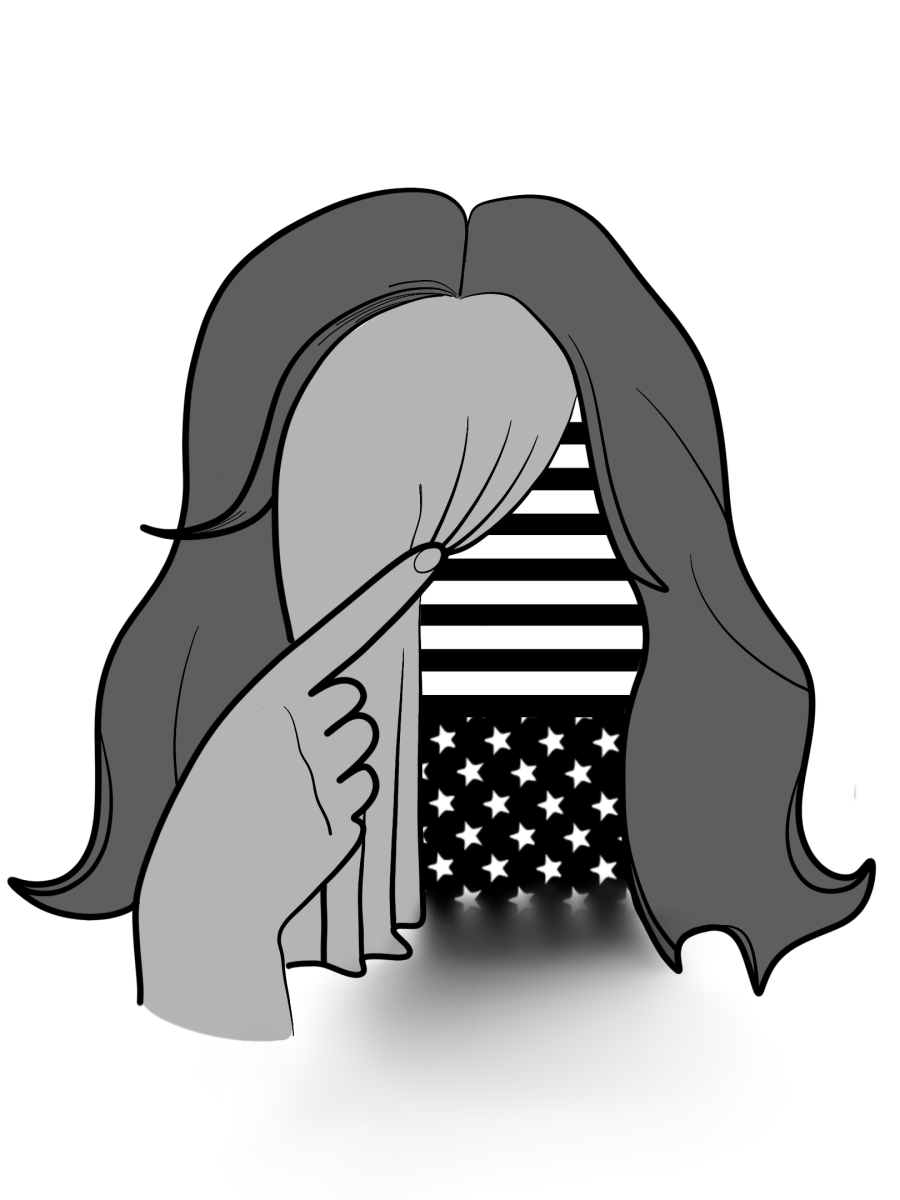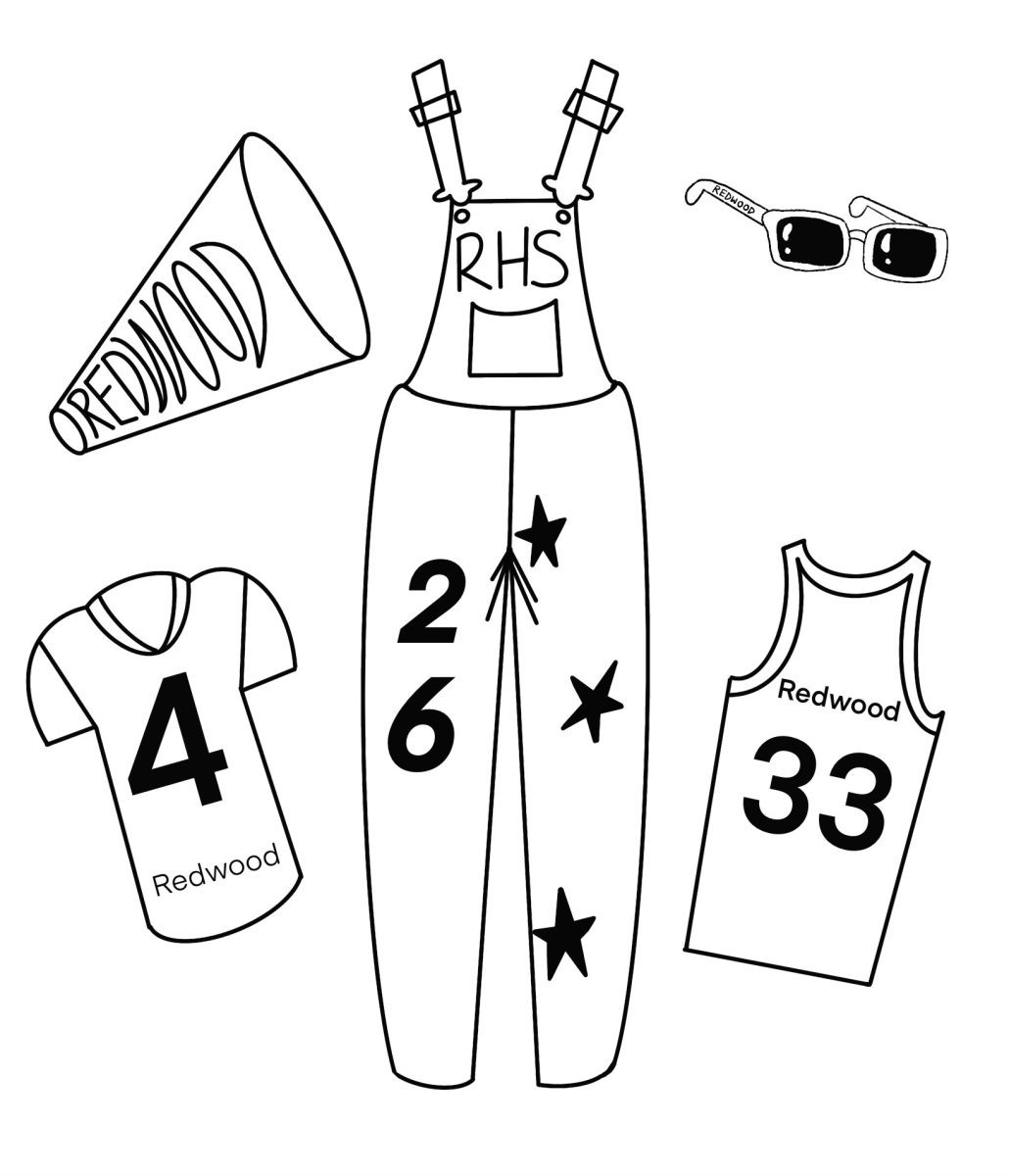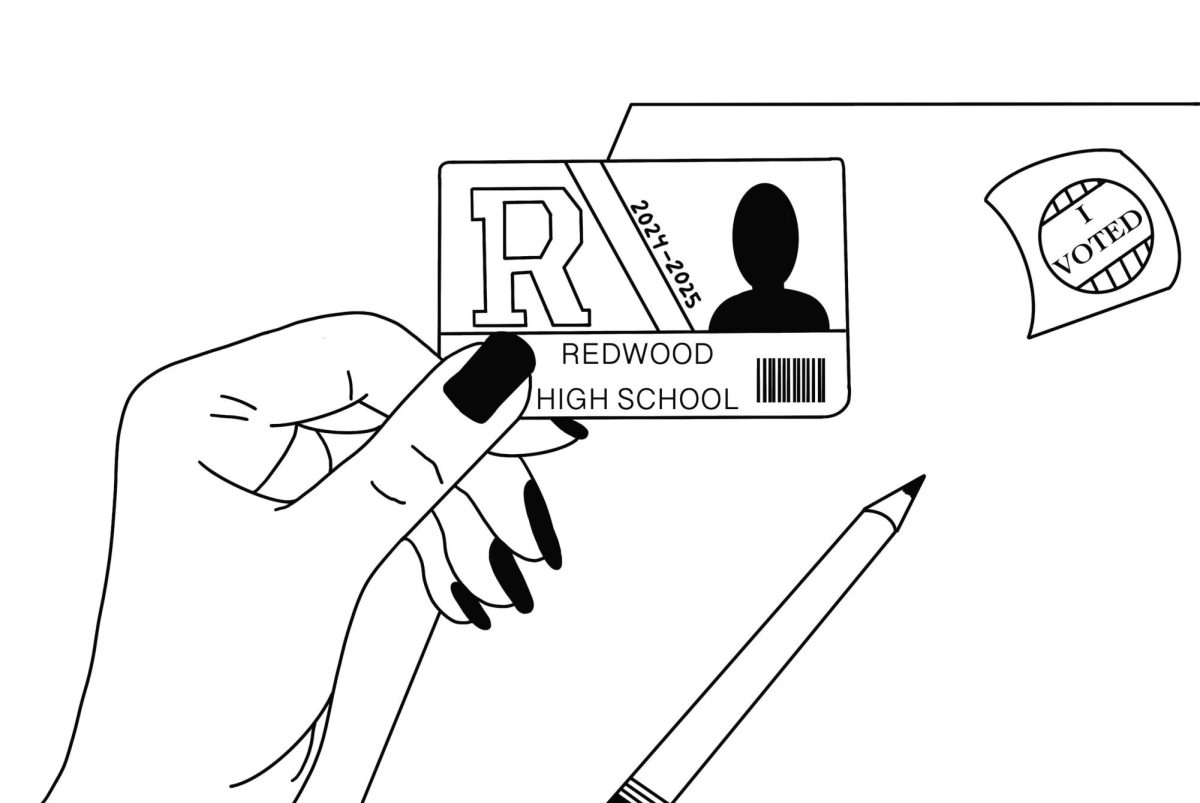A couple weeks ago, Emma Watson made headlines as she rebutted an accusation that she was a white feminist. This came just months after Taylor Swift’s “catfight” with Nicki Minaj caught the attention of their fans on the subject.
The two superstars had a Twitter argument after Nicki Minaj stated that she hadn’t been nominated for the MTV Video Music Awards because she did not have the Hollywood body type. Taylor Swift took offense, believing that Nicki Minaj was targeting her, and made a broad issue solely about herself, drawing criticism for being a white feminist.

White feminism is centered around ideals and struggles of mostly white, straight women. It fails to consider the situations and cultures of other women and is often alienating to women of color, non-straight, non-cisgendered, religious or cultural minorities.
Emma Watson was recently asked whether she herself was a white feminist while hosting a Twitter Q&A on Oct. 9.
“It implies that I am not aware of my own privilege but I mention my own good luck/fortune/privilege something like 5 times in my UN speech and my wish to make sure other women have access to the same opportunities I have,” Watson wrote. “I want to hear as many voices as possible. I want to hear other people’s stories. This is a universal and global movement.”
I was surprised to realize that Watson’s story caught my attention more than the Taylor v. Nicki story. I justified my interest in the fact that she had defined the issue for the reader and was acting rationally, not exchanging back-handed insults because of an implied diss. But it soon dawned on me that Watson’s description of a white feminist described me almost perfectly.
I have grown up benefiting from white privilege, and exhibit traits characteristic of a white feminist. Although I’m half-Japanese, I have almost all the features of a white person; the only giveaway to my Asian heritage is my height. I am also straight, identify as female, and not affiliated with any religion. I never realized that those characteristics could make me ignorant to the struggles of others–and that’s exactly where the problem begins.
I blindly believed myself to be a good feminist. I believed in equality for all genders, and that if we addressed some age-old issues such as establishing an Equal Rights Act or equal pay for equal work would fix gender inequality. But I didn’t consider how race might affect another woman’s ability to obtain the same level of equality.
We all know the male:female pay ratio – $1 to $0.78. But that only accounts for white women. According to the American Association of University Women, African American women make $0.68, and Hispanic Latino make $0.54 for every dollar.
White feminism is an ugly topic because it mixes two of the oldest injustices in history: racism and sexism. Women and men alike have worked together to spread awareness of current inequalities among gender, and racial discrimination has been highlighted in the news for a while now. Yet there is so much more to be done.
My initial reaction when talking to other people about white feminism is twofold: I want to defend my own actions and ignorance, and I want to try to understand what people of color are going through. However, reading other women’s’ stories and views has made me realize that I have to stop.
I have been ignorant, and I have viewed feminism as a one-size-fits-all movement. I have never had an experience like that which other women of color have been through and the discrimination they have felt because of an increase in their melanin pigments. I can’t relate to the issues they have faced, and trying is disrespecting where they come from. The lack of respect comes because I reduce their story to something that I try to relate to.
Many other people are just like me. We want to help, we want to emphasize. But trying to relate your experiences with race and sex with a person of color or gender fluidity is not the way to do it. If you are white or cisgendered or straight, the prejudices you have felt are not as big as those that people who are non-cisgendered, non-straight, and non-white have endured. We can support and strengthen their voices by listening to them and giving them a platform to speak on. Those who make up the historical majority and have not been oppressed can follow Emma Watson’s lead in making sure that everyone is included in the feminist movement and that the minority voice isn’t crowded out and lost. And that is all we can do.
A Huffington Post article summarized a solution perfectly, with the example of stepping on a person’s foot. The fact that you didn’t mean to step on someone’s foot isn’t important, but rather that you apologized and made sure that they’re doing alright. You don’t take personal offense and defend your action; you recognize it and move on, hopefully thereafter paying more attention. That is what needs to be done more often.
Don’t get mad if someone accuses you of being a white feminist, or close-minded in general. Listen to what they are saying, and find a way to help them express their story and their views on different issues without diluting it with your own. If we can all work together on that, white feminism might one day be a thing of the past.

